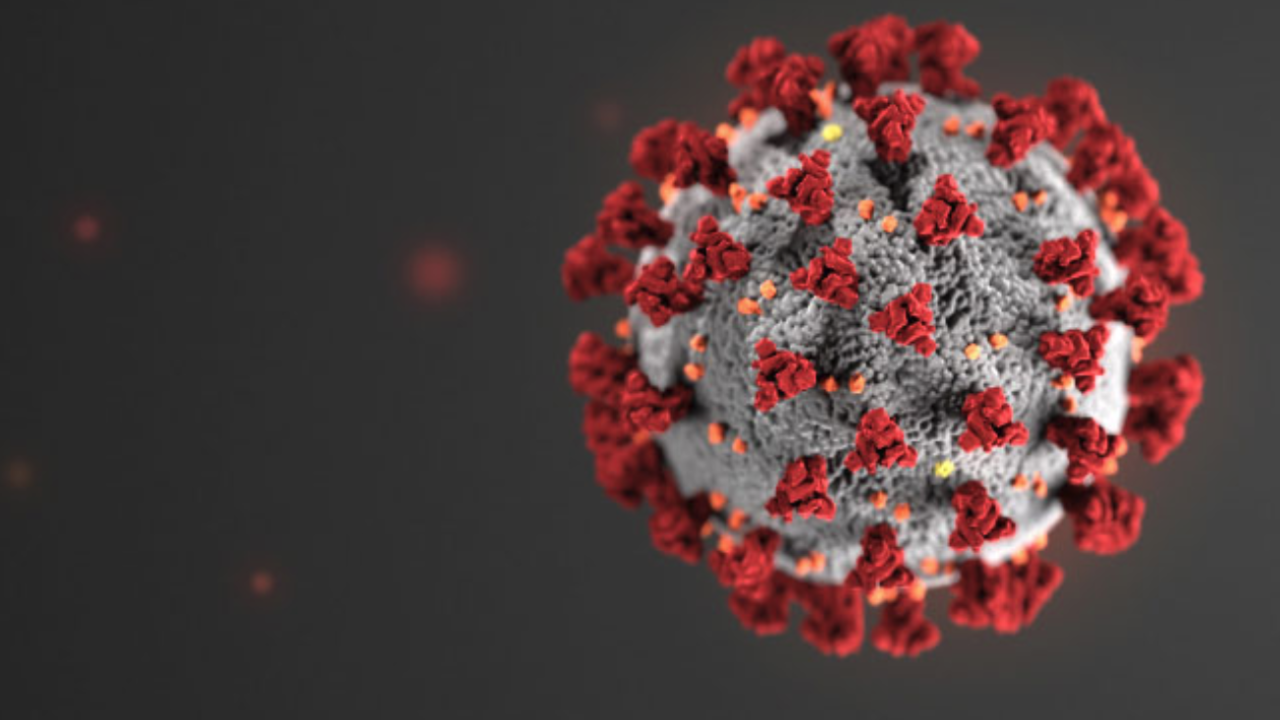GENEVA — Scientists at the World Health Organization estimate that about 60 to 70% of people in countries will need to be vaccinated against the coronavirus to achieve any type of herd immunity.
At a press briefing on Friday, WHO vaccines expert Dr. Kate O’Brien said it was still unclear if vaccines against COVID-19 might reduce the amount of time people are infectious or their ability to spread the virus. But she said modelling studies suggest up to 70% of the population will need to be immunized so that people are protected from the disease.
“It’s really important that we actually start to get more information about what the vaccines do, not just for preventing disease, but for actually preventing the acquisition of the virus,” said O’Brien, director of the U.N. health agency’s department of immunization, vaccines and biologicals.
Dr. Michael Ryan, WHO’s emergencies chief, noted that in some situations, targeting certain groups for vaccination may be more important than immunizing the entire population.
“We’ve seen in many clusters that only 20% of the cases go on to transmit to others, 80% don’t transmit to anybody else,” he said. “I think we’ll need to be much more surgical and precise in exactly who we target for vaccination. It may be much more important to target certain sections of the community.”
COVID-19 Precautions
Most patients with COVID-19 have mild to moderate symptoms. However, in a small proportion of patients, COVID-19 can lead to more severe illness, including death, particularly among those who are older or those who have chronic medical conditions.
COVID-19 spreads primarily through respiratory droplets produced when an infected person coughs or sneezes.
Symptoms include fever, cough, and difficulty breathing. Symptoms appear within 14 days of being exposed to an infectious person.
Virginia health officials urged the following precautions:
- Wash your hands often with soap and water for at least 20 seconds.
- Use an alcohol-based hand sanitizer only if soap and water are not available.
- Avoid touching your eyes, nose, and mouth.Cover your mouth and nose with a tissue or your sleeve (not your hands) when coughing or sneezing.
- Clean and disinfect frequently touched objects and surfaces.
- Stay home when you are sick.
- Avoid contact with sick people.
- Avoid non-essential travel.



